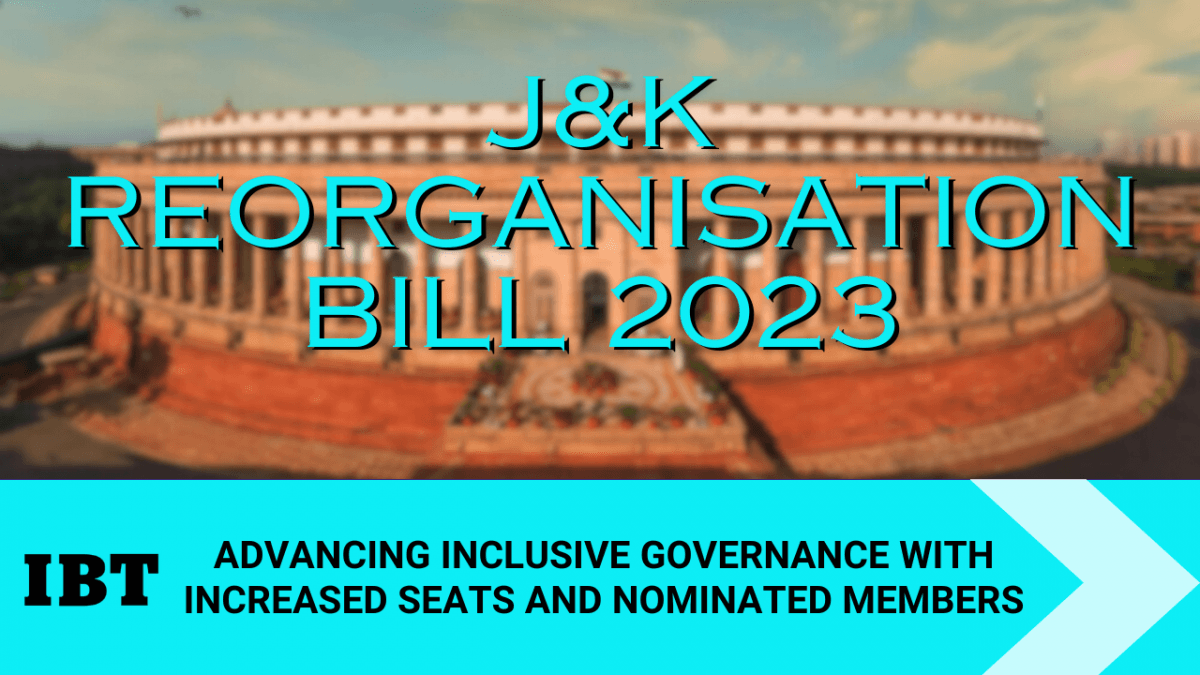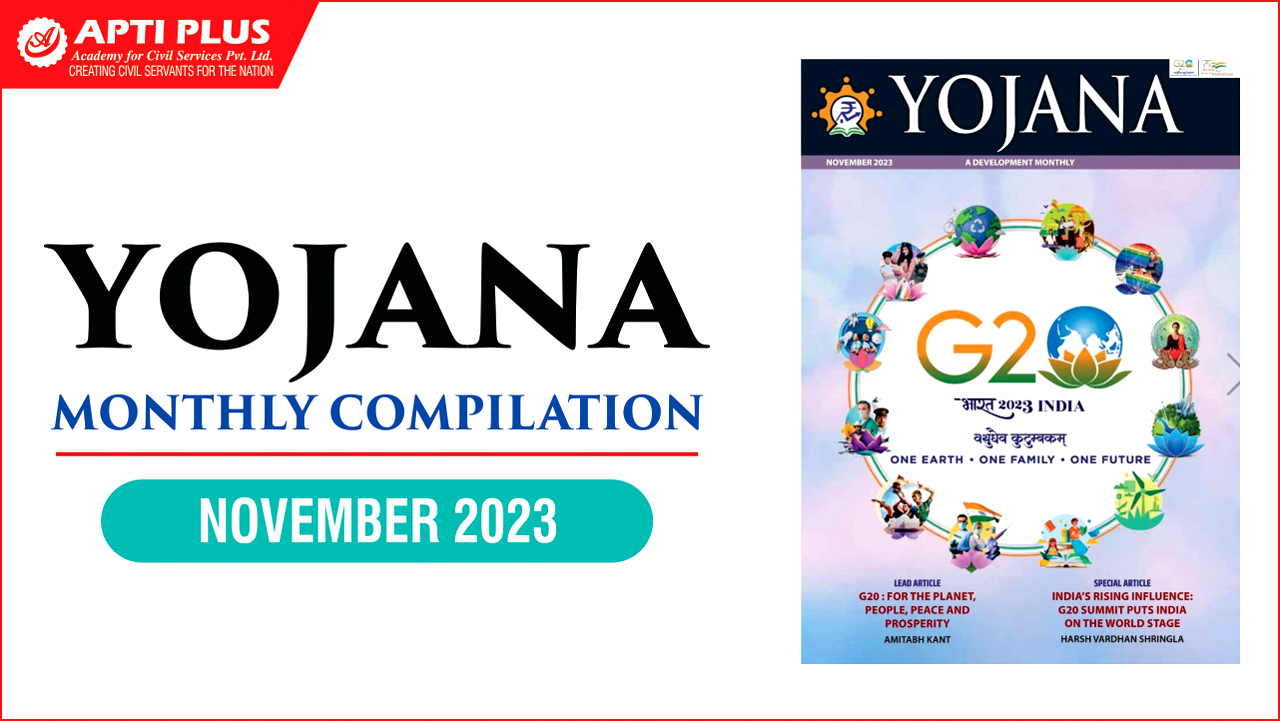Description

Copyright infringement not intended
Picture Courtesy: www.ibtimes.co.in
Context: The Jammu and Kashmir Reorganisation (Amendment) Bill 2023, passed in the Lok Sabha, proposes significant changes to the Jammu and Kashmir Reorganisation Act, 2019, which initially led to the reorganisation of the state into the union territories of Jammu and Kashmir (with legislature) and Ladakh (without legislature).
Key Highlights of the Bill
Increase in Legislative Assembly Seats
- Previous Provision: The 2019 Act specified 83 seats in the Jammu and Kashmir Legislative Assembly, with six reserved for Scheduled Castes and none for Scheduled Tribes.
- Amendment: The Bill increases the total seats to 90. Additionally, it reserves seven seats for Scheduled Castes and nine seats for Scheduled Tribes.
Nomination of Kashmiri Migrants
- The Bill defines migrants as individuals who migrated from the Kashmir Valley or any other part of Jammu and Kashmir after November 1, 1989 and are registered with the Relief Commissioner. It includes exceptions for those in government service, those who left for work, or those who possess immovable property in the area they migrated from but can't reside there due to disturbed conditions.
- The Lieutenant Governor may nominate up to two members from the Kashmiri migrant community to the Legislative Assembly, one of whom must be a woman.

Nomination of Displaced Persons from Pakistan-occupied Jammu and Kashmir
- Displaced persons refer to individuals who left or were displaced from their residences in Pakistan-occupied Jammu and Kashmir in 1947-48, 1965, or 1971 due to civil disturbances or fear of such disturbances. This also includes successors-in-interest of such persons.
- The Lieutenant Governor may nominate one member representing displaced persons from Pakistan-occupied Jammu and Kashmir to the Legislative Assembly.
Significance of Amendments
- Representation: The increase in assembly seats and reservations for Scheduled Castes and Scheduled Tribes aims to enhance diverse representation within the Legislative Assembly, ensuring better inclusivity and equitable political participation.
- Recognition of Migrants and Displaced Persons: By allowing nominations for Kashmiri migrants and displaced persons from Pakistan-occupied Jammu and Kashmir, the Bill acknowledges and attempts to integrate these communities into the political process.
- Empowerment of Marginalized Groups: The nomination of a woman from the Kashmiri migrant community underscores the effort to empower marginalized groups, ensuring their voices are heard in the legislative framework.
.jpg)
Conclusion
- The changes reflect an attempt to accommodate the interests of various communities within the legislative framework of Jammu and Kashmir, including those who have been displaced or migrated from the region.
Must Read Articles:
J&K Reorganisation (Amendment) Bill 2023: https://www.iasgyan.in/daily-current-affairs/jk-reorganisation-amendment-bill-2023
Status of Jammu and Kashmir: https://www.iasgyan.in/daily-current-affairs/status-of-jammu-and-kashmir#:~:text=A%20resolution%20to%20repeal%20Article,effect%20on%2031%20October%202019.
|
PRACTICE QUESTION
Q. What key strategies can be implemented to ensure the effectiveness and inclusivity of a government, ensuring representation and participation across diverse demographics and viewpoints within a society?
|















